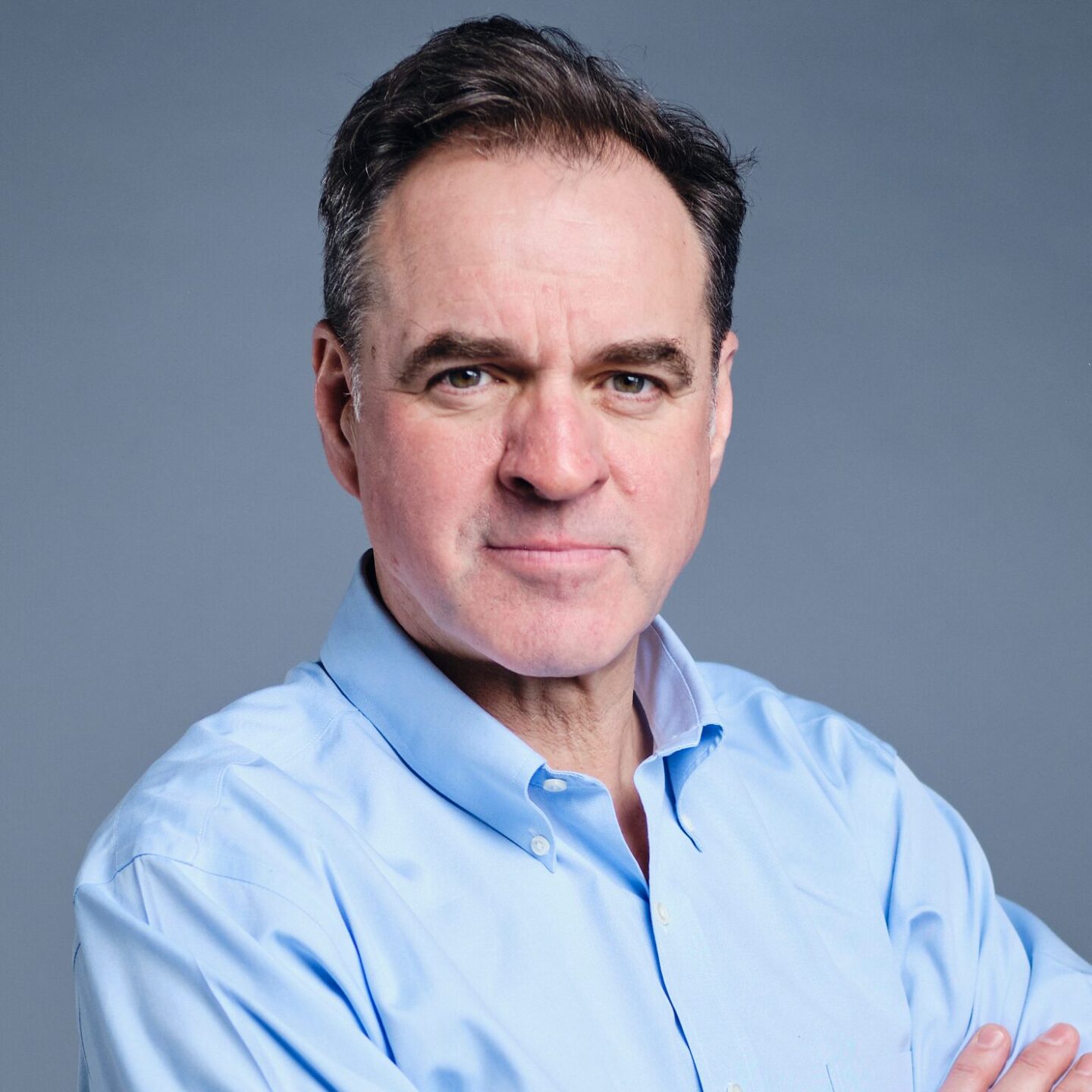Niall Ferguson: What’s Trump’s plan with Iran, and beyond?
February 2, 2026
Is there a deeper strategy underlying President Trump’s actions? Dan is joined by historian, Free Press columnist, CBS contributor, and Senior Fellow at Hoover Institution…

WWSG Exclusive
Historian; Visionary; Author; Emmy-Winning Filmmaker, The Ascent of Money; Managing Director, Greenmantle; Milbank Family Senior Fellow, Hoover Institution at Stanford University; Senior Faculty Fellow, Belfer Center for Science and International Affairs at Harvard; One of Time Magazine's Most Influential People of the World
One of the world’s most accomplished historians and provocative commentators on global politics and economics, Niall Ferguson stands at the crossroads of past, present, and future. As the author of sixteen books, Senior Fellow at the Hoover Institution at Stanford University and a senior faculty fellow of the Belfer Center for Science and International Affairs at Harvard, Ferguson has provided audiences worldwide with unparalleled insight and knowledge.
With erudition, eloquence, and humor, Ferguson specializes in putting today’s economic shifts, social changes, and political disruptions into historical perspective, using the past as a roadmap to the future.
Niall Ferguson’s book, The Square and the Tower brilliantly anticipated the crisis that has gripped Silicon Valley since the 2016 election. To understand our modern world, he argues, you need an understanding of both network science and history. The networked age is turning out a lot less well than the techno-optimists foresaw. But why? And is there any way of stopping the trends towards polarization, extreme views and fake news?
The most important economic and strategic relationship in the world has, for at least the last ten years, been between the People’s Republic of China and the United States of America: “Chimerica,” as Niall Ferguson called it in 2007. For a time it seemed as if the financial crisis might lead to a divorce between the two, but the relationship survived. Now a protectionist American president and more assertive Chinese president seem to be leading their countries towards some kind of collision on both trade and geopolitics. Can the two avoid sliding into the “Thucydides Trap” of conflict between an incumbent power and a rising power?
As the author of The Ascent of Money, Niall Ferguson accurately foresaw the crisis of 2008-9. Ten years on, he asks what the next financial crisis will look like and how near to it we are. With rising interest rates, ever higher mountains of debt and increased risks of a trade war, he argues that trouble is coming soon. How should investors prepare themselves for a crisis that will be very different in nature from the last one? And are there any new opportunities to be found in innovations such as crypto-currency?
The political events of 2016 in Britain and the United States came as a shock to many people. But to the historian, this was just the latest of many populist backlashes against globalization. The question is how far populism poses a real threat to democracy, as some have argued. Niall Ferguson argues that, in each case, there was an urgent need for some kind of correction to the trends of the preceding decades, which had led to excessive levels of off-shoring, overseas investment and mass migration. The real question to ask is: What comes next after populism?
Niall Ferguson is a British historian and author, acclaimed for his work on economic history, empire, and globalization. He is currently the Milbank Family Senior Fellow at the Hoover Institution at Stanford University and a Senior Fellow at the Belfer Center for Science and International Affairs at Harvard University. Niall is a prolific commentator and consultant on contemporary economic and political issues, known for his ability to connect historical insights with current global trends. He is the author of 16 books, including The Pity of War, The House of Rothschild, Empire, Civilization and Kissinger, 1923-1968: The Idealist, which won the Council on Foreign Relations Arthur Ross Prize. He is an award-winning filmmaker, too, having received an international Emmy for his PBS series The Ascent of Money. His 2018 book, The Square and the Tower, was a New York Times bestseller and was also adapted for television by PBS as Niall Ferguson’s Networld. In 2020 he joined Bloomberg Opinion as a columnist. In addition, he is the founder and managing director of Greenmantle, a New York-based advisory firm, a co-founder of the Latin American fin tech company Ualá, and a co-founder of the new University of Austin. His latest book, Doom: The Politics of Catastrophe, was published in 2021 by Penguin and was shortlisted for the Lionel Gelber Prize. In 2024, Ferguson was knighted by King Charles III for his services to literature. He is currently writing Kissinger, 1969-2023: The Player and serving as a visiting professor at the London School of Economics.
Niall Ferguson delivered a brilliant, thought-provoking session that was both punchy and provocative in the best possible way. His ability to put contemporary politics—and Donald Trump in particular—into a meaningful historical context was refreshing and deeply insightful. The parallels he drew with past presidents like FDR and McKinley gave our audience plenty to consider. Our CEO described it as ‘probably the best conference ever’—and after eight years of organizing events with her, I wholeheartedly agree. We’d love to have Niall back in the future.
Longview Partners
Niall was scintillating. Our members were extremely engaged and inquisitive.
Analytical, Life Science & Diagnostics Association
Charming, provocative and compelling–exactly what we wanted. I think he really hit it out of the park. The only thing that would have made the evening better is if you had accompanied him!
BMO Financial Group
Niall hit a home run. With the crisis in Israel, it made for a great backdrop for his speech including highlighting the content in “The Great Degeneration.” The book was very prescient.
Pacific Research Institute

